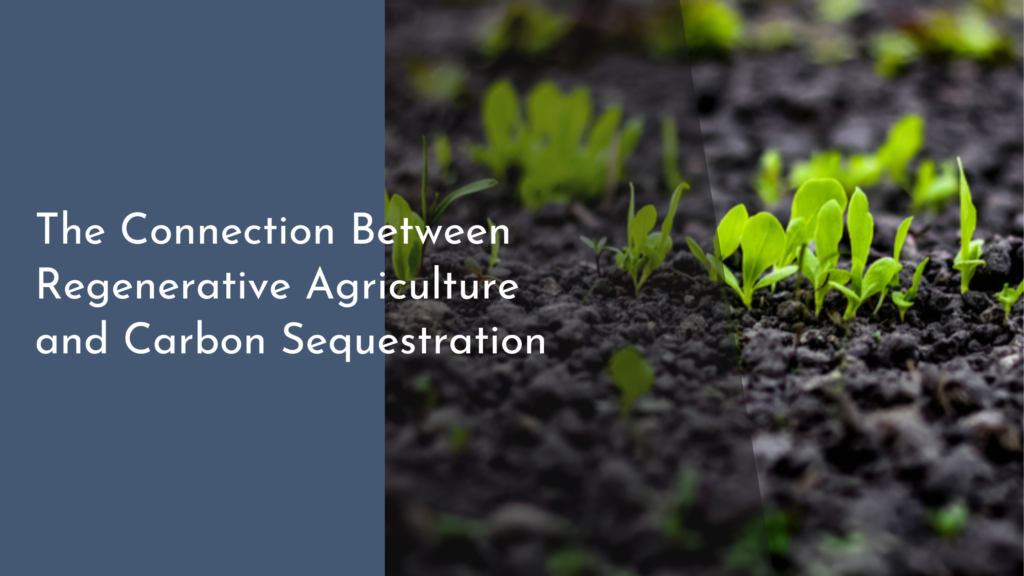Enhancing Soil Structure with Biochar
In the world of sustainable gardening and agriculture, biochar is gaining attention as a remarkable tool for enhancing soil quality. This carbon-rich material, produced through a process called pyrolysis, not only aids in improving soil structure but also contributes to overall soil fertility. Whether you are a seasoned gardener or someone just starting out, incorporating biochar into your soil management practices can lead to vibrant plants and a healthier ecosystem. Let’s dive into the wonders of biochar and discover how it can transform your garden!
Discover the Wonders of Biochar for Soil Health Today!
Biochar is essentially charcoal created from organic materials such as wood, crop residues, or even animal manures. By heating these materials in a low-oxygen environment, biochar captures carbon that would otherwise be released into the atmosphere. This process makes biochar an excellent tool for both climate change mitigation and soil enhancement. By reintroducing this stable form of carbon back into the soil, gardeners can significantly improve the biological and chemical properties of their growing medium.
One of the most exciting aspects of biochar is its ability to retain moisture and nutrients, making it a valuable resource in both dry and wet climates. When added to soil, biochar creates a network of pores and channels, increasing the soil’s aeration and drainage capabilities. This improved structure leads to better root development for plants and enhances their ability to uptake essential nutrients. So, if you’re looking to boost your garden’s health, biochar could be your new best friend!
How Biochar Improves Soil Structure and Fertility
The incorporation of biochar into soil can result in a remarkable transformation of its physical properties. As biochar particles come into contact with soil, they create a porous structure that allows for better air circulation and water retention. This enhanced aeration helps reduce soil compaction, ensuring that plant roots have access to the oxygen they need for optimal growth. Additionally, the increased water holding capacity helps maintain moisture levels during dry spells, reducing the frequency of watering.
Biochar also plays a critical role in nutrient availability. It has a high cation exchange capacity (CEC), meaning it can hold onto positively charged ions like calcium, magnesium, and potassium. This characteristic allows biochar to act as a reservoir for essential nutrients, making them more readily available to plants over time. As a result, incorporating biochar into your soil not only improves its structure but also enhances its fertility, leading to healthier, more productive plants.
Simple Steps to Incorporate Biochar into Your Garden
Getting started with biochar in your garden is easier than you might think! First, you’ll want to source high-quality biochar, which can often be found at garden centers or online. If you’re feeling adventurous, you can even create your own biochar using a simple homemade kiln or a specialized biochar cooker. Once you have your biochar ready, it’s time to prepare your garden bed. Amend your soil with compost or other organic materials to ensure a balanced nutrient profile.
When applying biochar, a good rule of thumb is to mix it into your soil at a ratio of about 10-20% biochar to the total soil volume. This can be done either during the initial planting process or as a top-dressing to existing plants. Be sure to allow the biochar to soak in some moisture before application; this helps activate its nutrient-holding capacity. With these simple steps, you can start reaping the benefits of biochar in no time!
Enjoy the Benefits: Thriving Plants and Healthy Soil!
Once you’ve incorporated biochar into your garden, you’ll be amazed at the improvements in plant growth and soil vitality. Plants will establish stronger root systems and exhibit greater resilience against pests and diseases. Additionally, the enhanced soil structure will promote a thriving ecosystem of beneficial microorganisms, further contributing to the overall health of your garden. As you watch your plants flourish, you’ll feel a sense of accomplishment knowing that you are contributing to sustainable gardening practices.
The rewards of using biochar extend beyond your garden. By improving soil health, you’re also playing a role in carbon sequestration and helping to combat climate change. The environmental benefits combined with the joy of growing thriving plants make biochar a fantastic addition to any gardening strategy. So, why not take the plunge and experience the transformative power of biochar for yourself? Your garden—and the planet—will thank you!
Incorporating biochar into your gardening routine offers a myriad of benefits that can enhance both plant growth and soil health. With its ability to improve soil structure, enhance nutrient availability, and support a thriving ecosystem, biochar is a game-changer for gardeners everywhere. Whether you’re looking to boost your vegetable garden or create a beautiful landscape, biochar can help you achieve your goals. So, roll up your sleeves and get ready to enjoy the wonders of biochar—you’ll find that the path to a healthy garden is filled with exciting possibilities!

